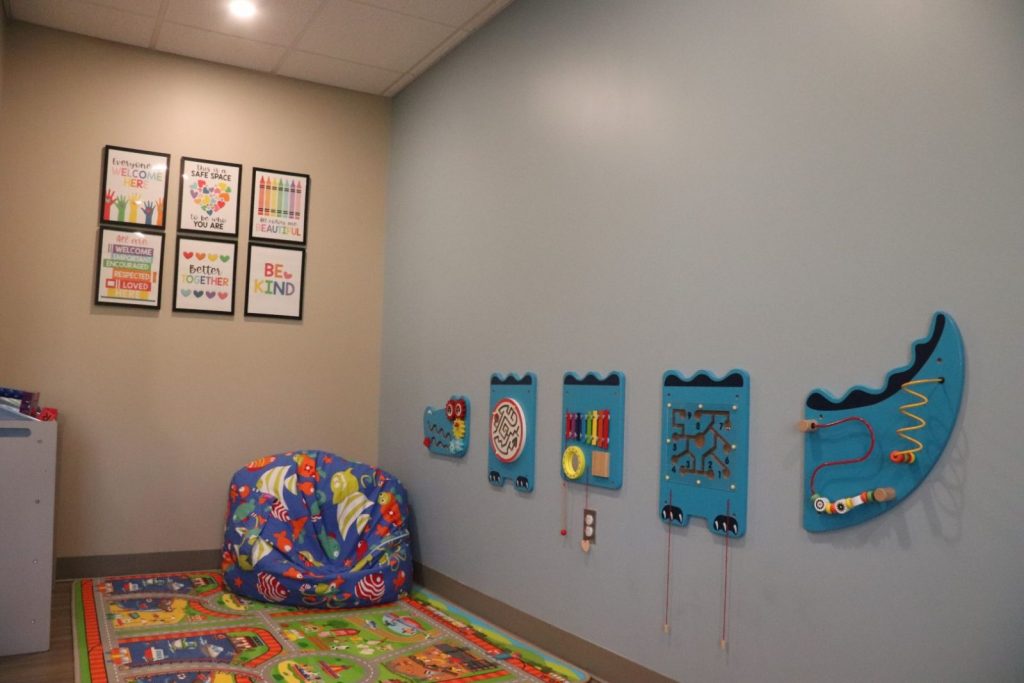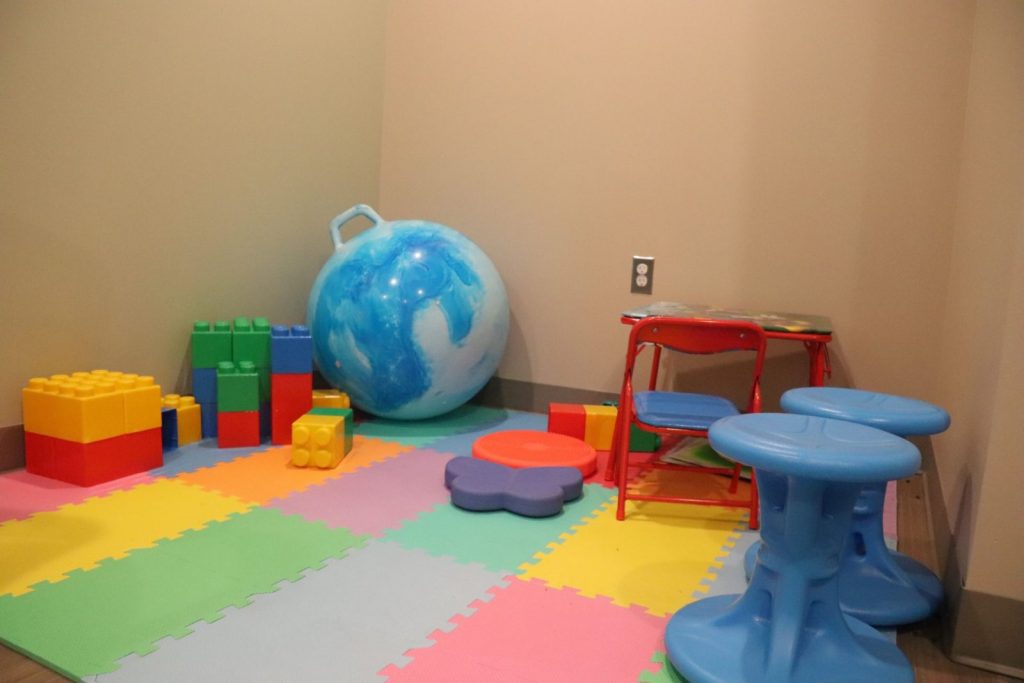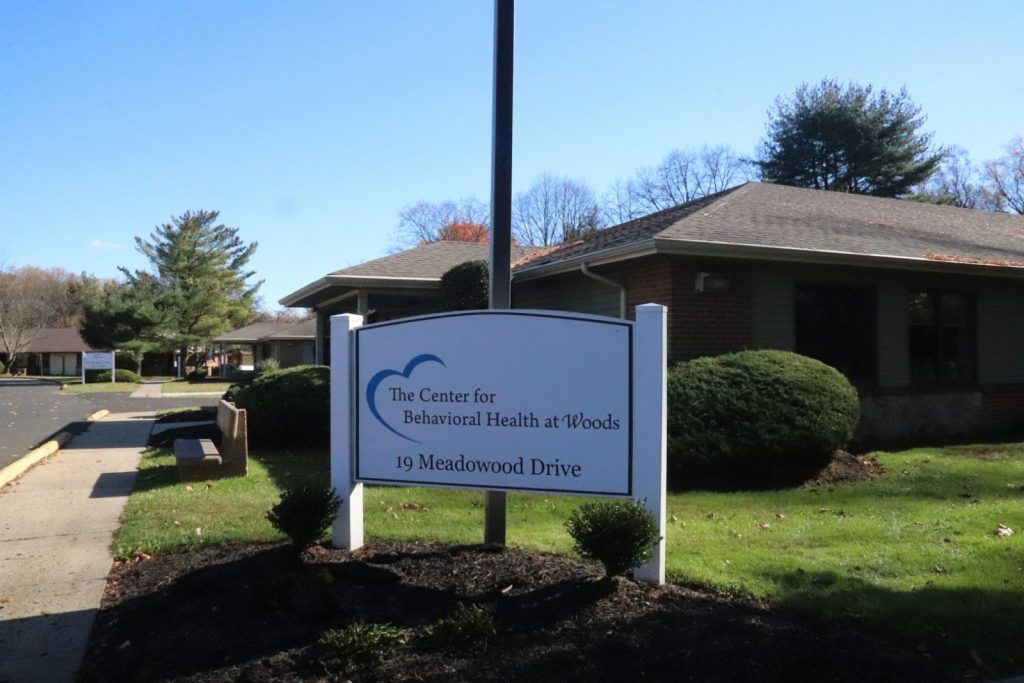Learning your child has autism can be a challenging and emotional experience for families. It’s natural to have many questions about what you should do with the autism diagnosis. Between your community, schools, and medical professionals, there are several sources of support to help you on your path.
Professional Autism Assessment
If you have not gone through a comprehensive professional autism assessment, we recommend you start there. A professional autism assessment is a comprehensive evaluation conducted by trained experts to determine the presence and severity of autism spectrum disorder. It involves various components to gain a comprehensive understanding of an individual’s unique circumstances.
What an Assessment Involves:
 Clinical Interview: The process often begins with a detailed interview with the individual and their family. This interview helps gather information about the person’s developmental history, behavior, and any concerns they or their caregivers may have.
Clinical Interview: The process often begins with a detailed interview with the individual and their family. This interview helps gather information about the person’s developmental history, behavior, and any concerns they or their caregivers may have.- Observation: Trained professionals will observe the individual in various contexts to assess their social interaction, communication skills, and repetitive behaviors.
- Standardized Testing: A series of standardized tests may be administered to assess the individual’s cognitive abilities, language skills, and adaptive functioning.
- Autism Diagnostic Observation Schedule (ADOS-2): This semi-structured activity-based assessment, considered the “gold standard”, evaluates communication skills, social interaction, and play behaviors in individuals suspected of having autism.
- Evaluation of Symptoms: Professionals will evaluate the presence and severity of autism symptoms based on established diagnostic criteria.
What To Do After an Autism Diagnosis?
The path forward after an autism diagnosis varies depending on an individual’s age and specific needs. In all cases, one key takeaway from a professional autism assessment is the importance of early intervention. Early diagnosis allows for timely access to both informal and formal specialized services and support systems, which can significantly enhance the quality of life for individuals with autism.
Informal Resources for Family/Caregivers
 If your child has been diagnosed with autism, there are many informal resources available to provide support and guidance for both your child and your family, including:
If your child has been diagnosed with autism, there are many informal resources available to provide support and guidance for both your child and your family, including:
- Local Support Groups: Many communities have local support groups where parents and caregivers can connect, share experiences, and exchange advice.
- Online Communities: Online forums and social media groups dedicated to autism provide a platform for asking questions, seeking advice, and finding support in the shared experiences of others.
- Parent-Teacher Associations: Involvement in your child’s school’s Parent-Teacher Association (PTA/PTO) can connect you with other parents who may have faced similar challenges.
- Family and Friends: Don’t underestimate the support that family and close friends can provide. Share your experiences and concerns with those you trust.
Professional Services and Support for Those with Autism
After a formal autism diagnosis, individuals can access a range of professional services and supports tailored to their unique needs.
Therapy and Intervention
- Applied Behavior Analysis (ABA): ABA therapy is a highly effective intervention for individuals with autism, focusing on improving behaviors, communication, and social skills.
- Occupational Therapy: Occupational therapists help individuals develop the skills necessary for daily life, such as fine motor skills, sensory processing, and self-care.
- Speech and Language Therapy: Speech therapists work with individuals to improve communication and language skills, including speech articulation and understanding social cues.
Educational Services
- Special Education Programs: Schools provide special education programs designed to meet the needs of children and adolescents with autism. These programs often include individualized support.
- IEP Services: The Individualized Education Plan (IEP) outlines the educational goals and services required for students with autism to succeed academically.
Supportive Programs
- Social Skills Training: These programs help individuals with autism improve their social interactions, including understanding nonverbal cues and forming meaningful relationships.
- Counseling and Therapy: Mental health professionals offer counseling and therapy services to help individuals with autism manage anxiety, depression, and emotional challenges.
- Community Support Services: Community organizations may provide recreational activities, social events, and vocational training to enhance the quality of life for adults with autism.

At the Center for Behavioral Health at Woods, we are committed to providing support and guidance to individuals who have been diagnosed with autism, their families, and caretakers. Our specially trained medical team provides professional autism assessments and a range of behavioral and therapeutic interventions to help maximize the quality of life of a person with autism. To learn more about our services, contact us at 215-750-4004 or request an appointment here. We have appointments available.


